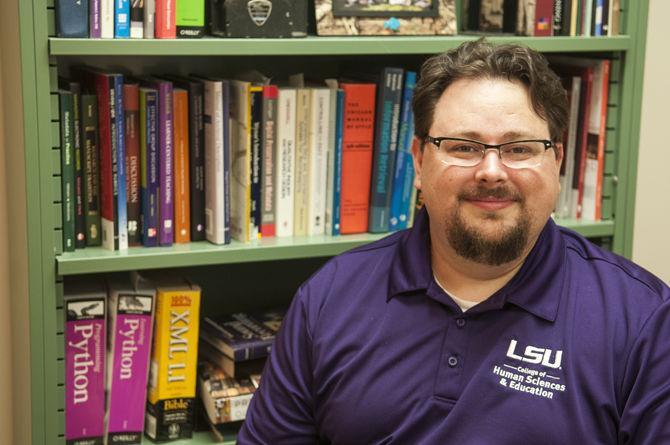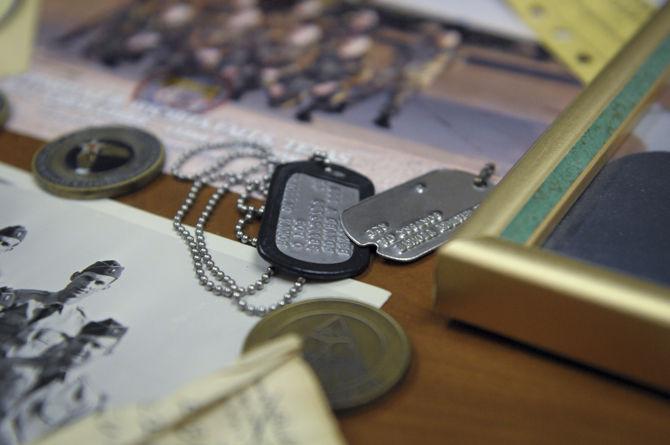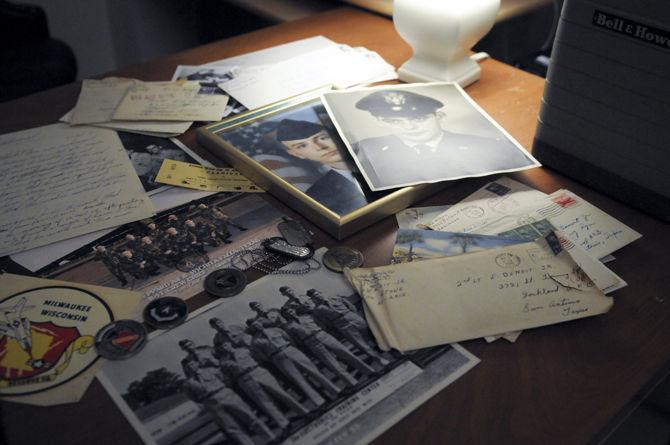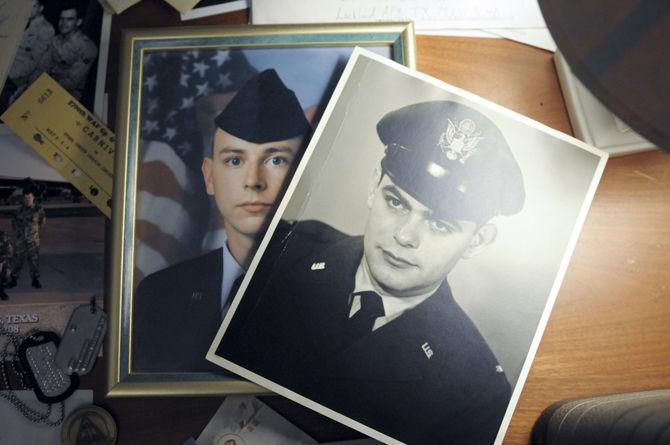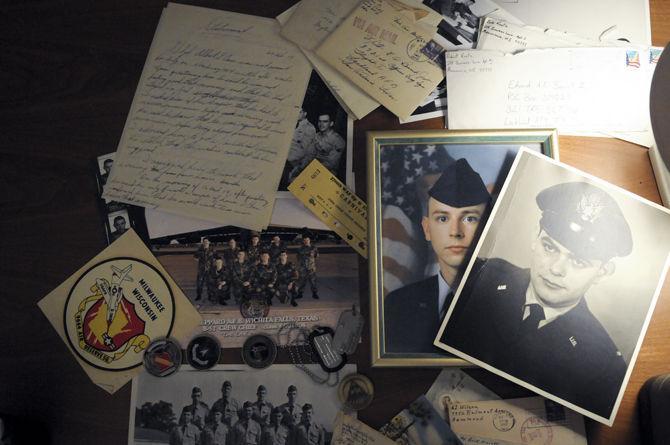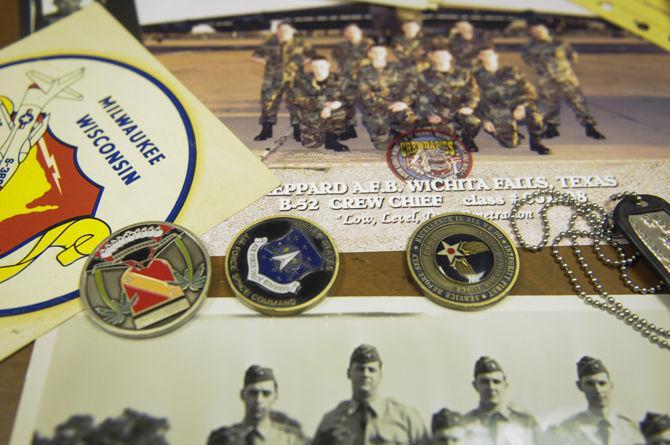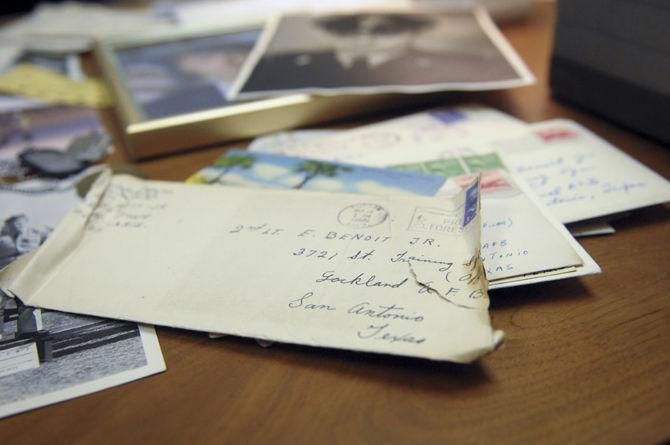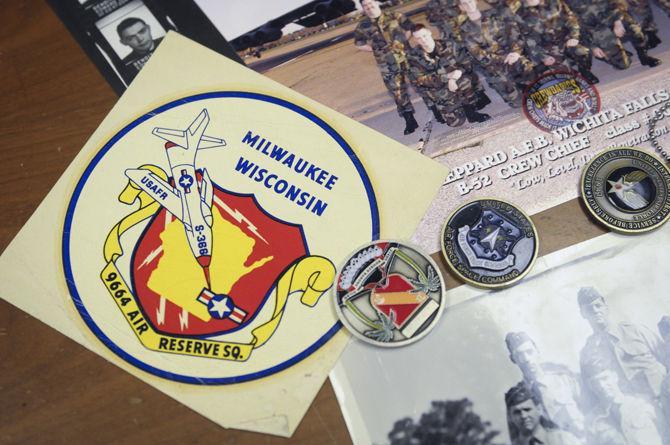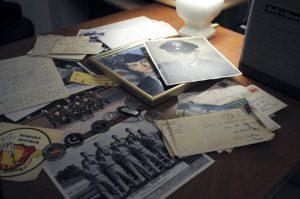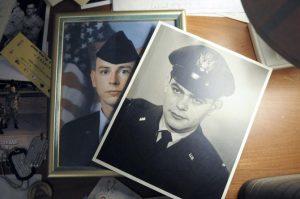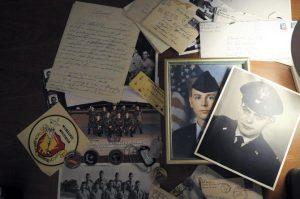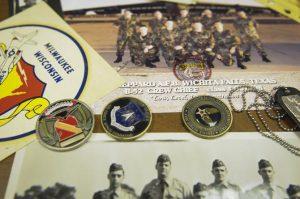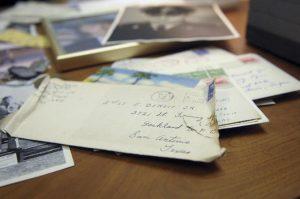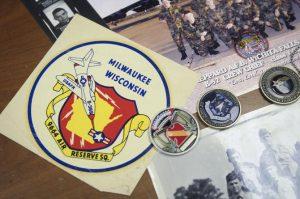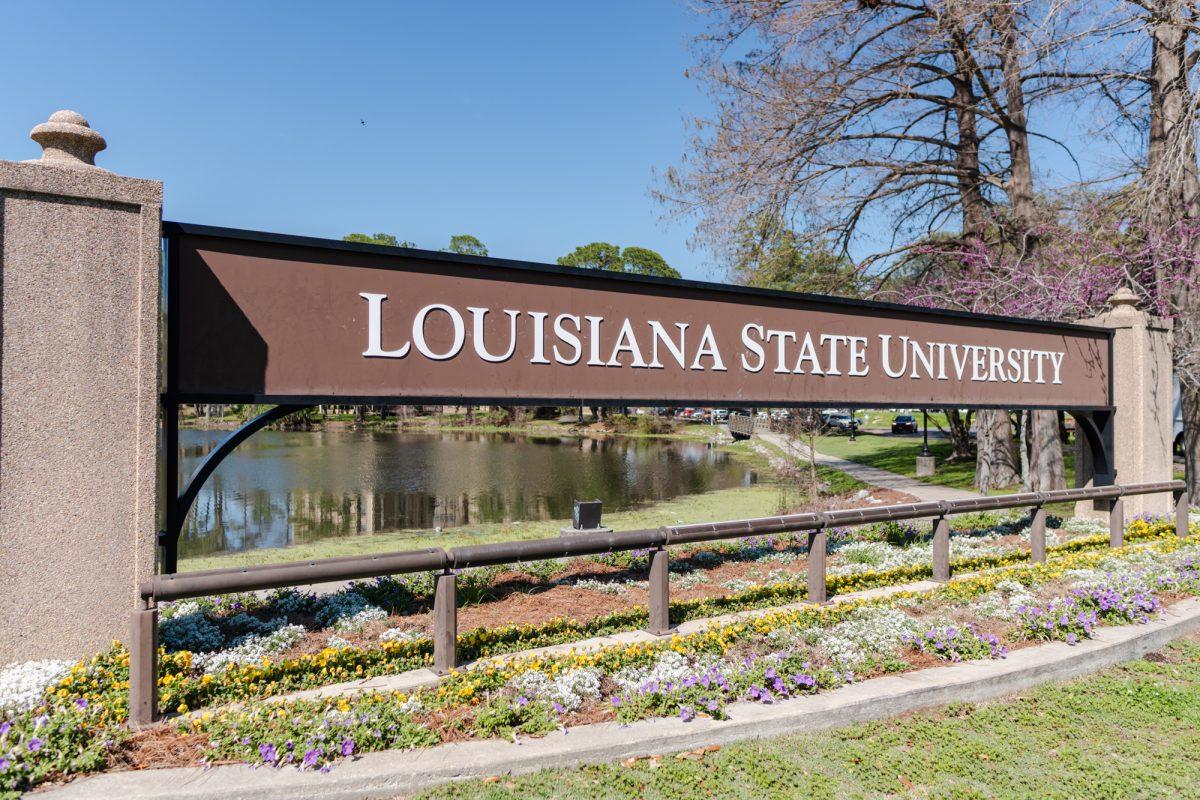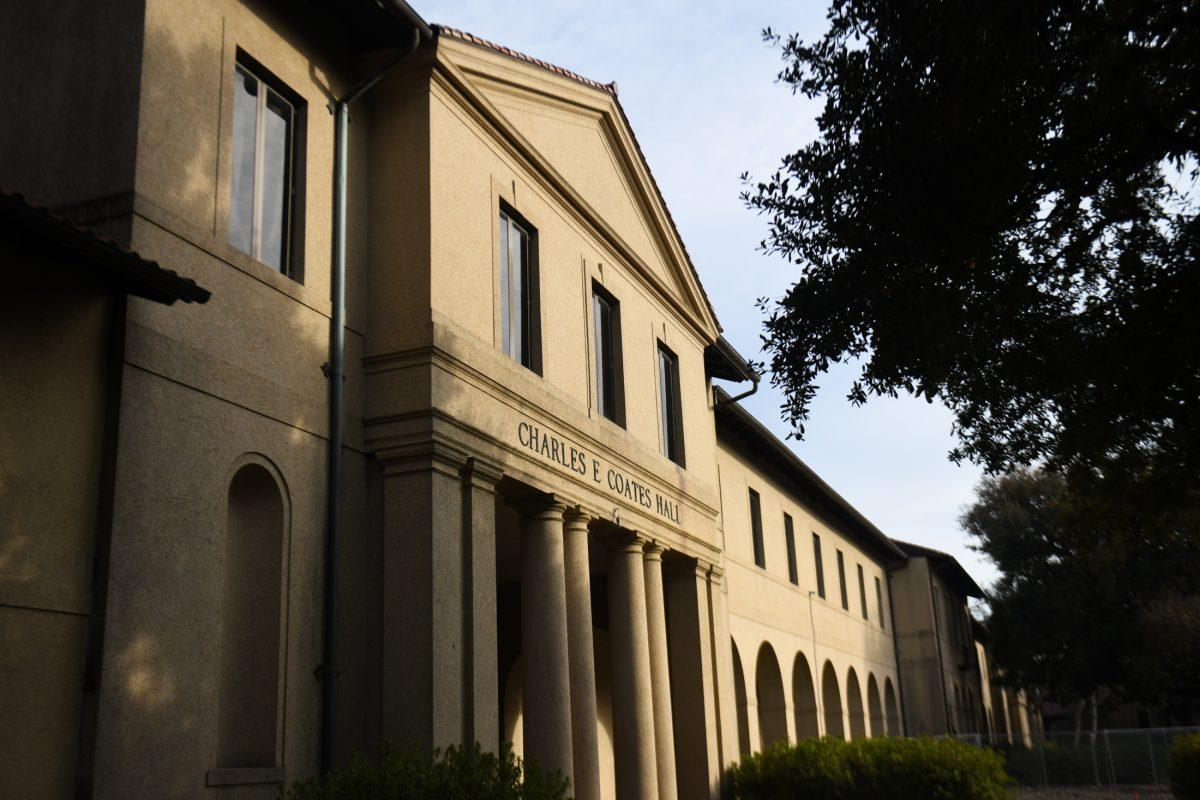Edward Benoit III, assistant professor of archival studies, is combining a passion for his family’s military background with his archival training to preserve the memories of modern military men and women.
In December, Benoit launched the first phase of his multi-year endeavor, the Virtual Footlocker Project, an application free to veterans and active-duty service members. The application will function similarly to a physical footlocker, encapsulating the digital memories of military men and women, Benoit said.
The fleeting nature of digital communications lead Benoit to realize a developing critical gap in the records of service members from 2005 to 2015. Personal records and accounts previously held in letters, journals and photographs are being lost in the digital space, he said.
“We really have a problem now,” Benoit said. “Yes, there are still letters being written, and yes there are still photographs being taken, but we’ve moved into such a digital world now. That on one hand is amazing. But they’re relying on these third-party companies to maintain their materials.”
Key information can be lost when these third-party companies are consolidated or go out of business. Archivists and historians refer to this possible gap in information as the digital dark ages, Benoit said.
Benoit’s cross-platform, open-source online application will provide soldiers and veterans the tools for maintaining personal records and histories in a centralized location. Before the application is developed, Benoit has to research the most effective methods for preserving these memories, he said.
Benoit is using a Qualtrics survey to collect data on the materials and outlets service members are accessing to preserve documentation and communicate. The final application will be modeled after the data that best meets the veterans’ and active duty members’ needs, he said.
The survey collects both qualitative and quantitative data through free answer sections and multiple choice questions. Each survey includes as many as 150 questions to provide the most robust feedback possible, Benoit said.
Benoit is promoting the project through a personal website and heavy social media presence. He is also reaching out to Student Veterans of America and national veterans service organizations to assist in distributing the survey, he said.
Preserving these memories is important to provide nuance and depth to the description of history, Benoit said.
Carol Barry, interim director for the School of Library and Information Science, said having diverse information to reference is key to understanding history.
“When we look back and try to understand our past, we obviously need something to base that understanding on,” Barry said. “I think it’s important to include not only the kind of official reporting of what happened at that time, but the perspectives of the individuals, like the soldier who was dealing with that situation. I think we need multiple points of view.”
Benoit has collected about 10 percent of the project’s necessary data, he said. The goal is to receive 1,000 survey responses to provide the most accurate feedback and draw from a credible sample pool.
The current feedback has already impacted Benoit’s view of the project, he said.
“Having discussions with current active-duty military members and hearing what’s important to them has really started to change my perspective,” Benoit said. “I know that I’m onto something that can really benefit. Just to have the sense that what you’re doing is helping people, is something that a lot of archivists, and academics, don’t get to see immediately. To be able to see something that may have a more immediate impact is so fulfilling.”
Professor works to preserve memories of military members
February 23, 2016
Assistant Professor Edward Benoit, III, pictured in his Coates Hall office Monday, Feb. 22, 2016, is working toward creating an application called the Virtual Footlocker Project that will capture and preserve the personal records of the modern soldier.
More to Discover


